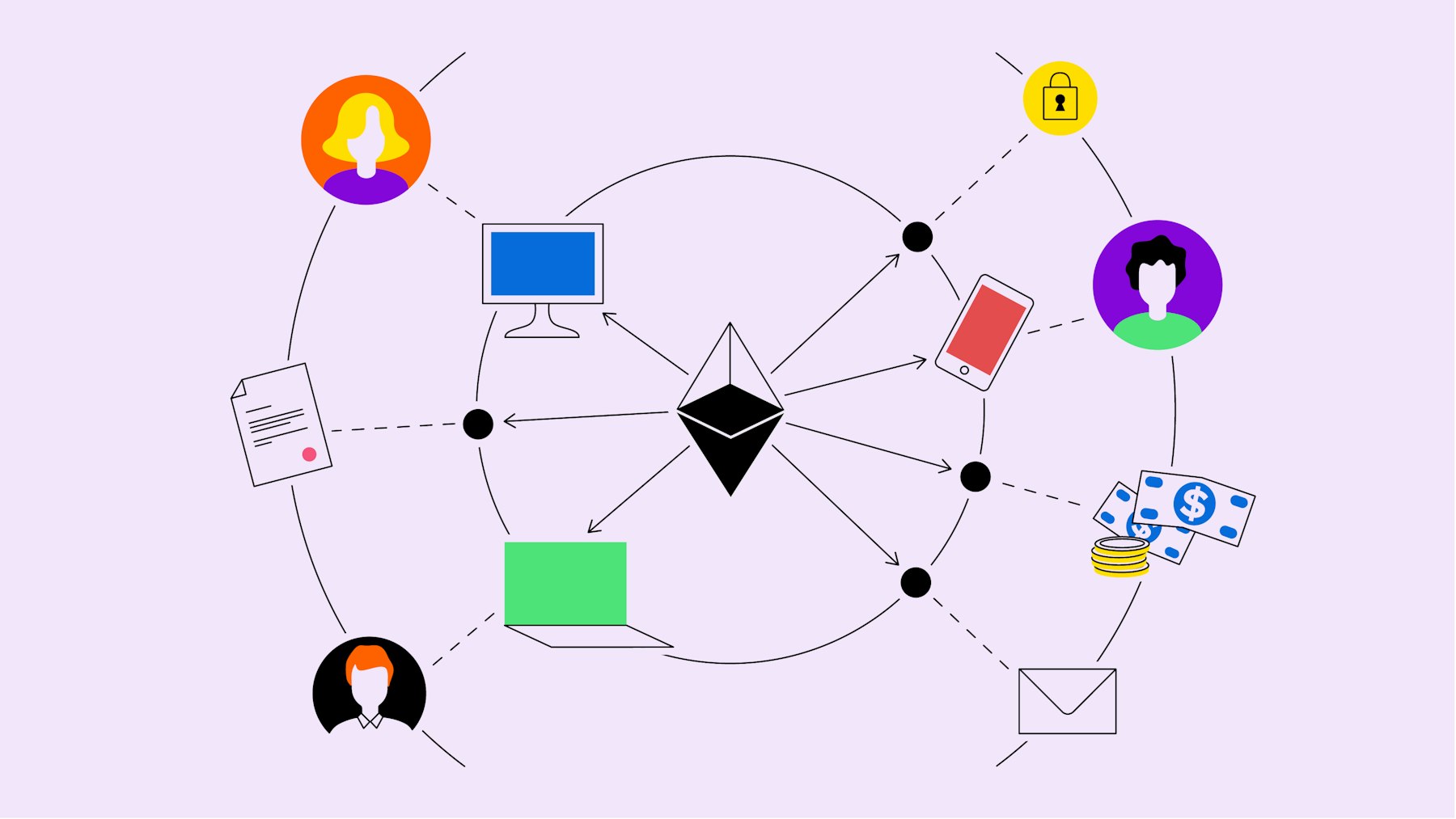The DAO hack and Ethereum Classic
Beyond the issue of scaling, DApps essentially carry two other major risks. Similarly to other networks, they can also potentially be hacked. Additionally, they depend on the consensus of the agents running the network. This became evident in what was known as “the DAO hack.”
The DAO (short for “decentralised autonomous organisation”) was a DApp which launched on the Ethereum blockchain in 2016 and functioned like an investor-led fund, albeit decentralised. Every rule and action of the fund was coded into its smart contracts. After its initial ICO in 2016, the DAO managed to raise $168 million in Ether.
Unfortunately, it fell prey to a smart contract attack after hackers discovered a significant weakness in its code, which allowed hackers to steal $50 million (3.6 million Ether) of its funds that year. As you may remember, once smart contracts go live, it is nearly impossible to change them in any way, which was why this bug was so serious.
Since the DAO held 15% of all Ether at that time, Ethereum developers grew worried about how this event would affect the Ethereum network. However, the community behind Ethereum could not agree on one solution. For this reason, the Ethereum Foundation which included some of the network’s most-well known developers, decided on a hard fork of Ethereum.
On the one hand, the hard fork invalidated what the hack had done to the blockchain. On the other, this divergence from the original Ethereum blockchain resulted in a rift in the Ethereum community. The second group in the Ethereum community rejected the hard fork on the principle that a blockchain is immutable and cannot be changed. This is how the original cryptocurrency Ethereum became Ethereum Classic.
The future of DApps
More than likely, the next 100 million cryptocurrency users will enter the space not because they love cryptocurrencies, but because they want to use a blockchain-based social network, browser, or game they have heard of and that app just happens to require cryptocurrencies.
In summary, DApps are still in their early days but they are likely not the next logical evolutionary stage of our current apps and online services, since they redefine how our data is used and how we can make and exchange money online.
